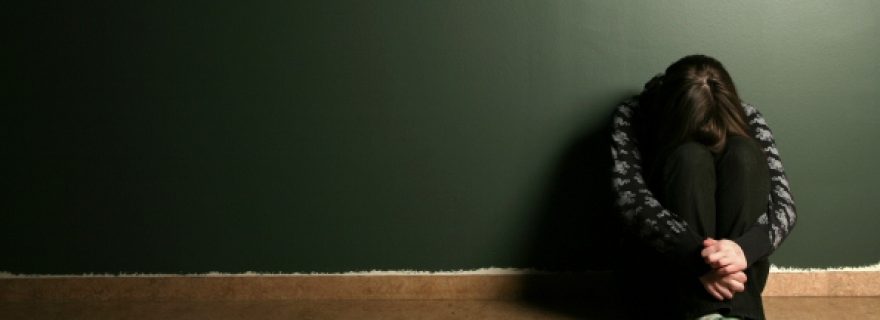Tis better to have feared and fled, than never to have feared at all
Fleeing from a fearful situation is not always a good response to threat. However, the program of Social Anxiety & School Refusal points out that for some school refusers the choice of self-preservation can be a valuable lesson.
Most would agree, Leonardo Da Vinci was a great master. But how many would agree with his sentiment which goes like this: “Just as courage imperils life, fear protects it”? Sure, if I’m overly courageous I might engage in risky behavior which could endanger my life. But is it really fair to say that fear protects my life?
Fight or Flight
Fear is usually considered a ‘normal and adaptive’ response to threat, because it can help me respond to threat. This is the so-called ‘fight-or-flight response'. But the flight response has a downside. If I flee for too long, problems can arise.
School refusal
School refusal is a case in point. School refusal is what happens when a young person – a child at primary school or a teenager at secondary school – feels so uncomfortable about being at school that they refuse to go. Some children refuse to go because they’re afraid to be away from mum. Some teenagers refuse to go to school because they’re afraid of getting bad grades or because they’re socially fearful.
Whatever the reason, fleeing from the situation – by refusing to go to school – usually means getting behind in school work, especially if I make a habit of fleeing. I also miss out on learning how to cope with the social and emotional challenges that are a part of everyday life, including school life. A snowball effect occurs. The longer I protect myself from that which I find difficult to face, the harder it is to get back into the habit of going to school.
The program Social Anxiety & School refusal
Our 'Social Anxiety & School Refusal' team developed a program to help school refusers gain courage and face their fear of going to school. The treatment is based on Cognitive Behaviour Therapy (CBT), widely used to treat adults and young people who have fears that can interfere with life (e.g., not being able to leave the house; not being able to fly in an airplane; not going to school). With CBT, we wanted to help school refusers get back into the habit of going to school so they could keep developing their academic skills as well as their social-emotional skills. We decided to focus on teenage school refusers because they’re the ones who find it particularly hard to get back to school, more than younger children do.
Remedy for fear of school
Does the treatment work? It worked well for teenagers who were afraid of things like getting bad grades, or feeling unwell at school. It worked less well for some of the teenagers who were socially fearful. This makes some sense, because being at school means being with other people. And for teenagers, it means being with other people at a time in life when many other changes and challenges are going on. In the teenage years you might be busy with how you look, with what you think about yourself, with what you think about what others think about you, and so on.
Self-protection and mastering life
School refusers who are socially fearful might find themselves agreeing with Da Vinci’s quote, believing that self-protection in the form of school refusal is self-preservation. But perhaps the most protective thing in life is to learn how to face our fears - not to the point of endangering our lives, but in such a way that our fear doesn’t stop us from growing as individuals. We could even argue that it is better to have feared school and refused to go, than never to have feared at all. In other words, being afraid gives us the chance to learn how to face fear. Knowing how to face fears and challenges is surely something that helps to make us one of life’s great masters.





